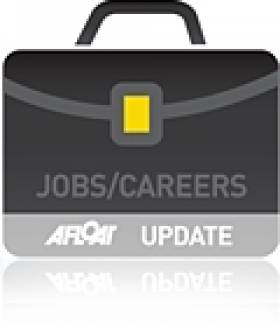Displaying items by tag: Shipping Markets Analysis
Student Positions in Maritime Summer Bursary Scheme
The Bursary programme is a work experience scheme aimed at undergraduates of Universities, Institutes of Technology and National Institutes for Higher Education. The Bursary Scheme is strictly limited to undergraduates who have completed 2 years study in a relevant discipline. Below is a description of the positions and other details.
IMDO – Maritime Economics (2)
Two students are required to provide direct assistance in the key programmes of the Irish Maritime Development Office. The key programme areas include Business Development and Shipping Market Analysis supported by a strategic marketing programme. Two students will be required to co-ordinate research on market and economic issues in the Irish maritime industry and analyse data on competitor maritime jurisdictions.
The successful students will gain a broad knowledge of the maritime industry, international trade, maritime finance, and national shipping development. They will also gain a valuable insight into the national and international maritime transport sector and associated business services, along with experience in collating information and critical analysis.
The student should have good communication and analytical skills. An interest in international trade, business, economics or shipping and logistics is desirable but not essential. The student should be able to work independently and also as part of a team. The bursary will be based in MI-Harcourt Street.
For further information on the busary scheme you can download a PDF file from here and also download a PDF application form here. In addition information in general about the IMDO can be found by logging onto www.imdo.ie and the Marine Institute at www.marine.ie





























































